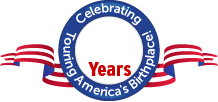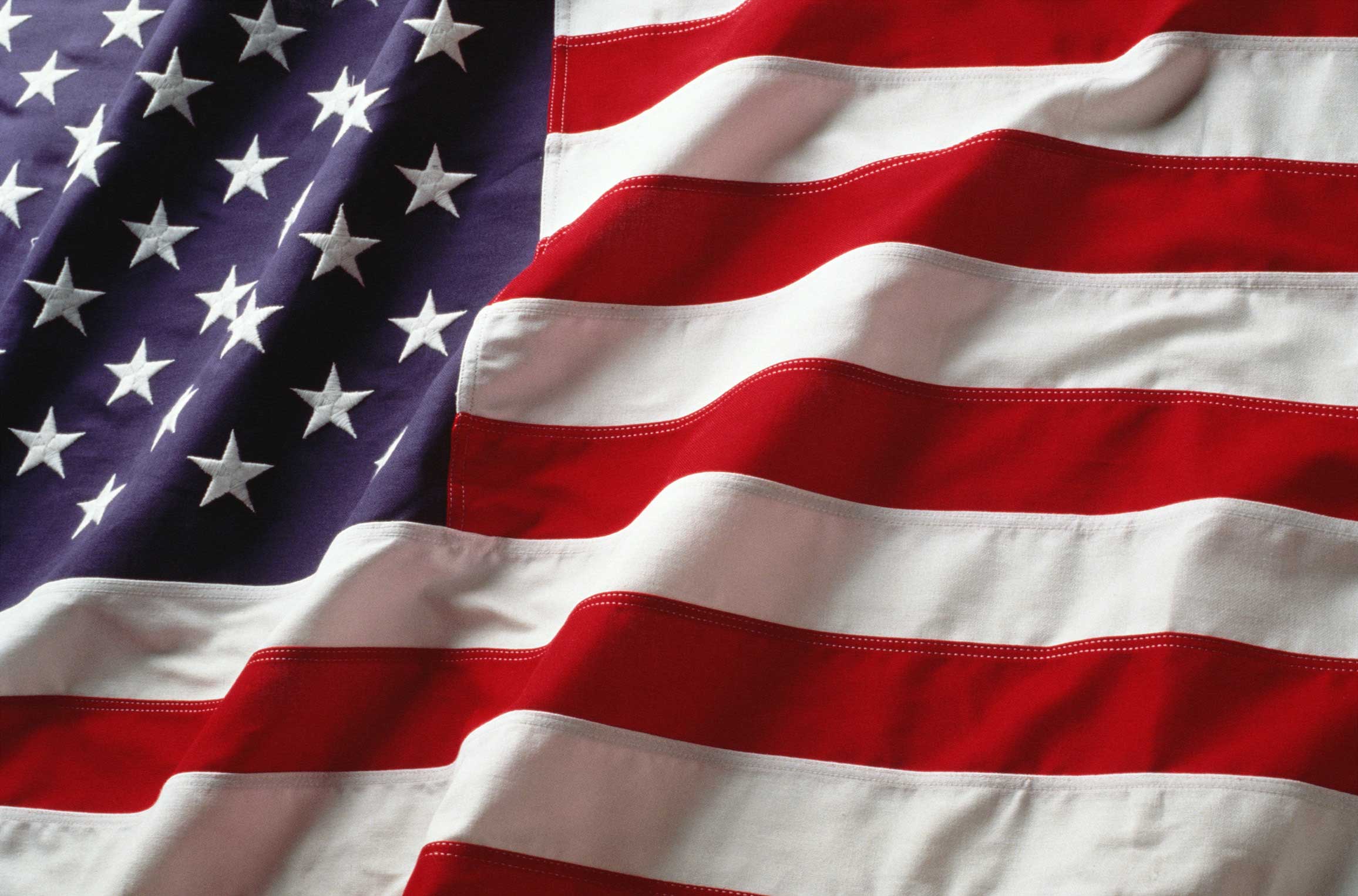Philip Livingston - One of America's Founding Fathers
Related Posts
- Buy Tickets for The Constitutional Walking Tour of Philadelphia – See 20+ Sites on a Primary Overview of Independence Park, including the Liberty Bell and Independence Hall
- Independence Hall
- Signers' Garden
- Signers' Walk
- Second Continental Congress
- First Continental Congress
- Carpenters' Hall
Birth: January 15, 1716
Death: June 12, 1778 (age 62)
Colony: New York
Occupation: Merchant, Politician
Significance: Signed The Declaration of Independence (at the age of 60)

Philip Livingston was one of the Founding Fathers of the United States. Born in Albany, New York to a prominent family, Livingston attended Yale and graduated in 1737. After college, Livingston returned to Albany where he apprenticed under his father, a successful merchant.
Livingston then moved to New York City where he built a successful business and became a major figure within New York City, advocating for the founding of King's College (Columbia University today), helping to found the New York Public Library, founding the first Chamber of Commerce and serving as a founding member of the St. Andrew's Society.
Livingston also became involved in politics, and in 1763, he served as a member of the Provincial House of Representatives and then later became President of the New York Provincial Congress.
In 1774, Livingston was selected to be one New York's representatives to the First Continental Congress. The following year, Livingston also served in the Second Continental Congress. Livingston, along with the other New York delegates, abstained from voting for Independence since they were unclear of their instructions from their state government. After the confusion was cleared up, he signed The Declaration of Independence. After signing The Declaration of Independence on August 2, 1776, Livingston returned to New York City.
In New York City, Livingston was appointed to the New York State Senate, a position he served in until his sudden death from dropsy in 1778.
Philip Livingston in Philadelphia
Livingston arrived in Philadelphia as a Delegate to the First Continental Congress which met at Carpenters' Hall in September 1774. Livingston returned the following year in 1775 as a Delegate to the Second Continental Congress. While serving as a member of the Second Continental Congress, Livingston worked at Independence Hall, and he signed The Declaration of Independence. A plaque commemorating Livingston for signing The Declaration of Independence can be found on Signers' Walk on the 600 block of Chestnut Street (between 5th and 6th Streets).



